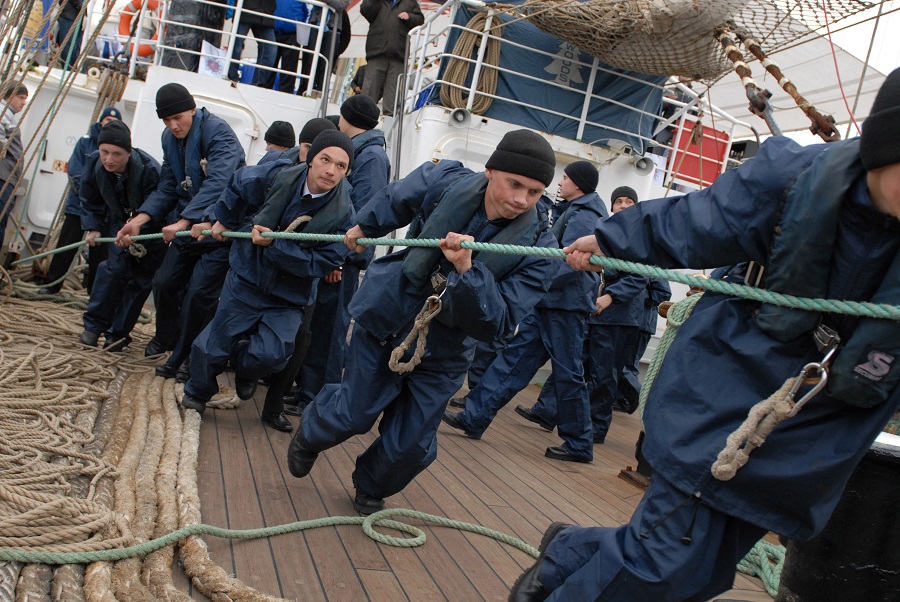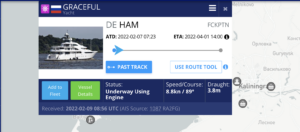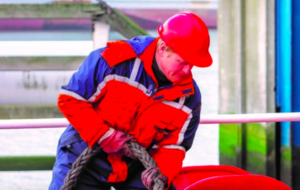ICS: Seafarers could become ‘collateral damage’ in Russia sanctions

The International Chamber of Shipping (ICS), the shipping industry’s principal international trade association, has urged shipowners to ensure seafarers do not become ‘collateral damage’ of Russian sanctions following the Ukraine invasion.
The ICS, which represents 80 per cent of the world’s merchant fleet, has also warned of supply chain disruption should the free movement of Ukrainian and Russian seafarers be impeded.
The Seafarer Workforce Report, published in 2021 by the Baltic and International Maritime Council (BIMCO) and ICS, reports that 1.89 million seafarers are currently operating over 74,000 vessels in the global merchant fleet.
Of this total workforce, 198,123 (10.5 per cent) seafarers are Russian, of which 71,652 are officers and 126,471 are ratings. Ukraine accounts for 76,442 (4 per cent) of seafarers of which 47,058 are officers and 29,383 are ratings. Combined they represent 14.5 per cent of the global workforce.
“The safety of our seafarers is our absolute priority. We call on all parties to ensure that seafarers do not become the collateral damage in any actions that governments or others may take,” says Guy Platten, secretary-general of the International Chamber of Shipping.
“Seafarers have been at the forefront of keeping trade flowing through the pandemic and we hope that all parties will continue to facilitate free passage of goods and these key workers at this time.”
Shipping is currently responsible for the movement of around 90 per cent of global trade. Seafarers have been at the forefront of the response to the pandemic, ensuring essential supplies of food, fuel and medicine continue to reach their destinations.
To maintain this unimpeded trade, ICS highlights that seafarers must be able to join and disembark ships for crew change, freely across the world. With flights cancelled in the region, this will become increasingly difficult. The ability to pay seafarers also needs to be maintained via international banking systems.
ICS has previously warned of a shortage of merchant sailors to crew commercial ships if action is not taken to boost numbers, raising risks for global supply chains. This has been compounded by strict travel restrictions, brought on by the pandemic, that saw seafarers unable to crew change and resulted in 100,000s overstaying contracted periods at sea.
Research carried out by ICS reported that the average ship has a mix of at least three nationalities on board, and sometimes as many as 30. Three languages were the minimum spoken on the average ship.










